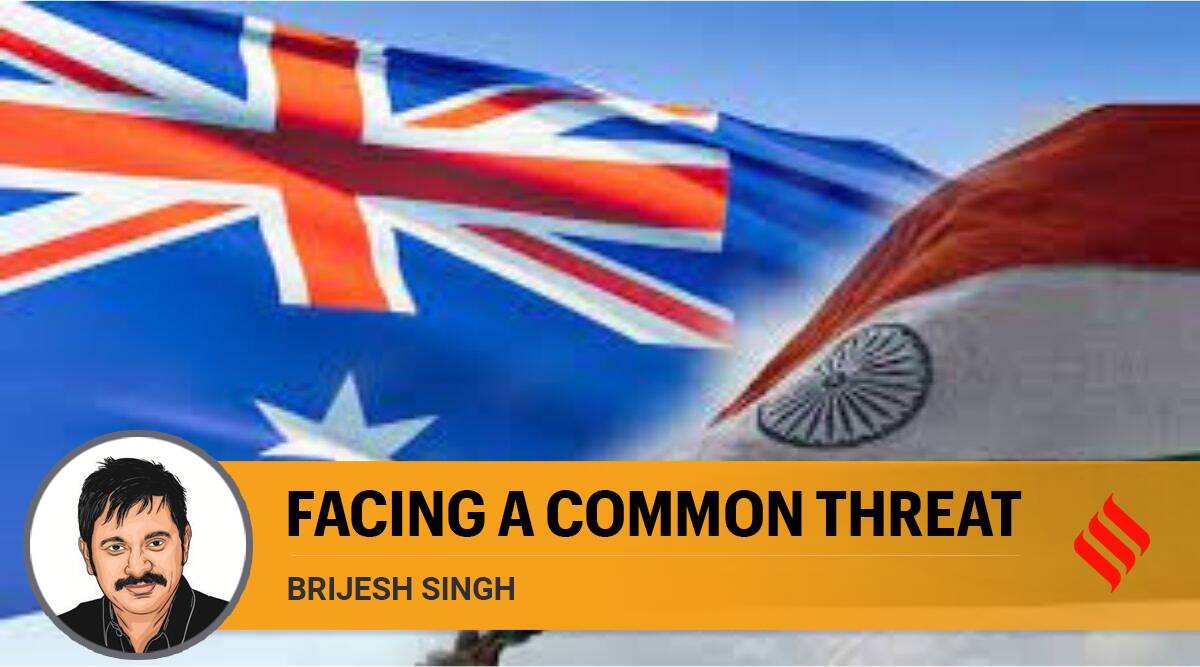Nigeria blocks 73 million mobile phones in security clampdown
C onstance Chioma calls her son every morning to check that he is safe while studying in northeast Nigeria, a region plagued by deadly attacks by Islamist insurgents and armed kidnappings.
Earlier this month, she could not get through.
She later realised her SIM card was one of about 73 million – more than a third of the 198 million in Nigeria – which have been barred from making outgoing calls because they have not been registered in the national digital identity database.
“I could not concentrate at work; I was uneasy and constantly asking myself if he was safe,” said Chioma, a 57-year-old teacher in Owerri city in southeast Nigeria.
“With the rising insecurity in the north, not speaking with my son makes me afraid.”
Nigeria is among dozens of African countries including Ghana, Egypt and Kenya with SIM registration laws that authorities say are necessary for security purposes, but digital rights experts here say increase surveillance and hurts privacy.
Nigeria has been rolling out 11-digit electronic national identity cards for almost a decade, which record an individual’s personal and biometric data, including fingerprints and photo.
The National Identity Number (NIN) is required to open a bank account, apply for a driver’s license, vote, get health insurance, and file tax returns.
In 2020, Nigeria’s telecommunications regulator said every active mobile phone number must be linked to the user’s NIN. It repeatedly extended the deadline until March 31 this year.
The government said outgoing calls were being barred from April 4 here from any mobile phone numbers that had not complied.
Millions of Nigerians have not registered their SIM cards, for reasons ranging from concerns over privacy here to problems reaching registration centres or not having a NIN.
“There have been no reasonable explanations as to why we have to link NIN to our SIM,” said Nneka Orji, a journalist in southeast Nigeria who has not registered her SIM.
“For that reason, I am not ready to do that,” she told the Thomson Reuters Foundation.
She now relies on WhatsApp to make calls, even though not all of her contacts use the messaging service.
The spokesperson for the government’s National…


